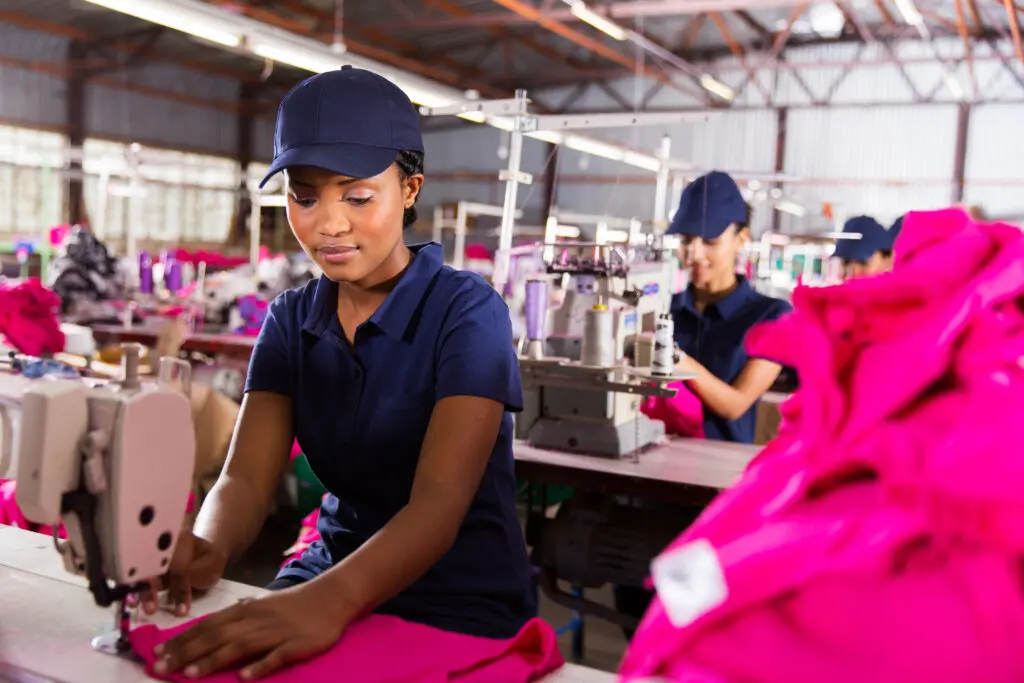A UK start-up that originated from a school science project has secured US$ 18.3 million in Series A funding for a bio-recycling plant to tackle polyester and nylon waste.
Epoch Biodesign was founded in London in 2019 by Jacob Nathan and is now a 30+ strong team of chemists, biologists, and software engineers. The new money will pay to scale up production of Epoch’s plastic-eating enzymes. The backing includes investment by Spanish fast-fashion giant Inditex, owner of clothing brand Zara.
The first production runs of commercial-scale capacity are expected by 2028 with Nathan saying that enzymes used in the bio-recycling process will then be able to consume 150 tonnes per year of waste.
Quicker process
The biotech is developing a library of plastic-eating enzymes, starting on those to tackle plastics that are used in common synthetic fabrics. The first materials are polyester and nylon 6 and nylon 66.
According to the researchers, it takes the bio-recycling process only takes ‘a matter of hours’ to go from waste fabrics to reclaiming molecularly identical material (polyester or nylon) in a form that’s ready to make new clothes or other products.
Generative AI
A major challenge in using plastic-eating enzymes found in nature is that the digestion process is too slow. Epoch is using technology tools including generative AI to accelerate the discovery of biological catalysts that can tackle plastic waste quickly.
‘The challenge with biology is that it’s just too complicated,’ explains Nathan. ‘Humans don’t understand how it works. The big shift here has been our ability to understand large, complex datasets, which is effectively AI. We’re just sort of un-baking the cake and then putting things back together at the other end.
‘What we’re effectively doing is we’re concentrating hundreds of millions of years, billions of years of evolution into a few cycles in the lab that happen over the course of days, weeks, months.’
Lower costs
This year, Epoch will be building its first production facility in the UK for processing nylon. ‘These technologies use entirely new biochemistries,’ the founder says. ‘They completely shift the cost bases of recycling into new areas that basically makes recycling the cheaper option compared to virgin.’
A key reason for lower recycling costs is the process does not require high temperatures, saving on energy costs compared to other forms of plastics recycling. The biological recycling process is also returning a claimed 90+% yield compared to industrial recycling.
Don't hesitate to contact us to share your input and ideas. Subscribe to the magazine or (free) newsletter.



